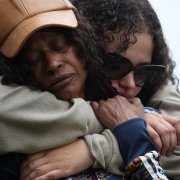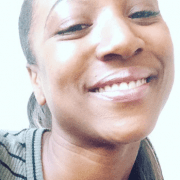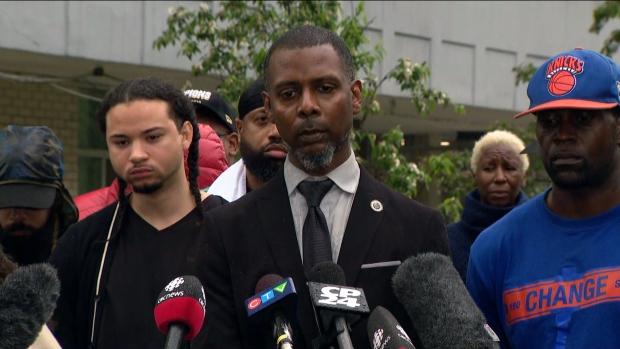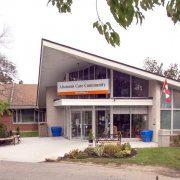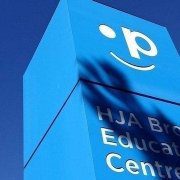Police chief Mark Saunders is calling for calm amid allegations of foul play in the death of Regis Korchinski-Paquet, who fell to her death from a 24th-floor apartment balcony during an interaction with Toronto police.
He revealed that dispatch received three individual 911 calls regarding an assault at 100 High Park on Wednesday evening, two of which indicated that there was a knife present. The call sounded “rather frantic” and police presence was needed, he said. He also said he’s “very comfortable” with the number of officers that were at the scene.
He told reporters “there’s a whole lot I want to say” and wishes he could say more about what occurred, but can’t due to the SIU’s ongoing investigation. “It’s a lot of misinformation, it’s a lot of lies,” Saunders said.
The chief added, “I support my men and women based on the limited information that I have right now.” He said he’s “anxious” for the investigation to be completed and hopes the public gets to hear the “absolute truth.” He also called for the use of body cameras, saying this is a “textbook case” of why they should be provided.
He said people are “feeding into” the “outrageous lies” being spread on social media and is urging the public to “wait for the facts to come out.”
It still remains unclear as to exactly what happened in the moment’s leading up to Regis’ death.
Watch the news conference HERE.


